𝚂𝙴𝙲𝚁𝙴𝚃 𝙲𝙻𝙰𝚂𝚂𝙸𝙲𝚂 𝙵𝚊𝚌𝚎𝚕 𝚅𝚎𝚐𝚊 𝙸𝙸
𝗪𝗵𝗲𝗻, 𝗱𝘂𝗿𝗶𝗻𝗴 𝘁𝗵𝗲 𝟭𝟵𝟲𝟭 𝗣𝗮𝗿𝗶𝘀 𝗠𝗼𝘁𝗼𝗿 𝘀𝗵𝗼𝘄, 𝘁𝗵𝗲 𝘀𝗵𝗲𝗲𝘁 𝘄𝗮𝘀 𝗹𝗶𝗳𝘁𝗲𝗱 𝗼𝗳𝗳 𝘁𝗵𝗲 𝗙𝗮𝗰𝗲𝗹 𝗜𝗜 𝘁𝗵𝗲 𝘄𝗵𝗼𝗹𝗲 𝘄𝗼𝗿𝗹𝗱 𝗴𝗮𝘀𝗽𝗲𝗱. 𝗡𝗼𝘁 𝗷𝘂𝘀𝘁 𝘁𝗵𝗲 𝗿𝗶𝗰𝗵 𝗮𝗻𝗱 𝗳𝗮𝗺𝗼𝘂𝘀 𝗯𝘂𝘁 𝘁𝗵𝗲 𝗺𝗮𝘀𝘀𝗲𝘀 𝗮𝗹𝘀𝗼 𝗳𝗲𝗹𝗹 𝗳𝗼𝗿 𝗙𝗮𝗰𝗲𝗹 𝗜𝗜’𝘀 𝗴𝗼𝗼𝗱 𝗹𝗼𝗼𝗸𝘀.
𝗣𝘂𝗿𝗲 𝗙𝗿𝗲𝗻𝗰𝗵 𝗴𝗿𝗮𝗻𝗱𝗲𝘂𝗿 𝗽𝗿𝗼𝗽𝗲𝗹𝗹𝗲𝗱 𝗯𝘆 𝗮𝗻 𝗮𝗹𝗺𝗶𝗴𝗵𝘁𝘆 𝗔𝗺𝗲𝗿𝗶𝗰𝗮𝗻 𝗽𝗼𝘄𝗲𝗿 𝗽𝗹𝗮𝗻𝘁.
𝗪𝗶𝘁𝗵 𝘀𝗼𝗺𝗲 𝗱𝗶𝘀𝘁𝗮𝗻𝗰𝗲, 𝘁𝗵𝗶𝘀 𝘄𝗮𝘀 𝘁𝗵𝗲 𝗯𝗲𝘀𝘁 𝗰𝗼𝗼𝗽𝗲𝗿𝗮𝘁𝗶𝗼𝗻 𝗯𝗲𝘁𝘄𝗲𝗲𝗻 𝗯𝗼𝘁𝗵 𝗰𝗼𝘂𝗻𝘁𝗿𝗶𝗲𝘀 𝘀𝗶𝗻𝗰𝗲 𝘁𝗵𝗲 𝗺𝗶𝗱 ’𝟰𝟬𝘀 𝗶𝗻 𝘁𝗵𝗲 𝗹𝗮𝘀𝘁 𝗰𝗲𝗻𝘁𝘂𝗿𝘆.
𝗧𝗵𝗲 𝗙𝗮𝗰𝗲𝗹 𝗜𝗜 𝗿𝗲𝗺𝗮𝗶𝗻𝗲𝗱 𝗮𝗻 𝘂𝗻𝗮𝘁𝘁𝗮𝗶𝗻𝗮𝗯𝗹𝗲 𝗱𝗿𝗲𝗮𝗺 𝗳𝗼𝗿 𝗺𝗮𝗻𝘆.
The Facel Vega II was a high-performance luxury grand tourer produced by the French automaker Facel S.A. from 1962 to 1964.
It was the successor to the Facel Vega HK500 and is widely regarded as one of the most elegant and exclusive GT cars of its era.
Design & Styling
Penned by Facel founder Jean Daninos, the Facel II featured a sleek, low-slung design with sharp lines and an imposing front grille. The car’s styling was a blend of French elegance and American muscle, featuring:
- A long hood and fastback-style roofline for a sporty, aerodynamic look.
- Quad headlights integrated into the front fenders.
- A luxurious interior with aircraft-style toggle switches, wood or brushed metal trim, and high-quality leather seats.
- Wire wheels or stylish alloy rims, depending on the specification.
Performance & Engineering
Unlike most European GT cars of the time, the Facel II used a Chrysler-sourced V8 engine, giving it American muscle car performance with European refinement.
- 6.3L Chrysler Typhoon V8 producing 355 hp (or 390 hp in some versions).
- 0-60 mph in just 6.5 seconds, making it one of the fastest GT cars of its time.
- Top speed of 150-160 mph, rivaling Ferraris and Aston Martins.
- Available with either a 4-speed manual (Pont-à-Mousson gearbox) or a 3-speed Chrysler TorqueFlite automatic transmission.
- Disc brakes on all four wheels, a rarity for the early 1960s.
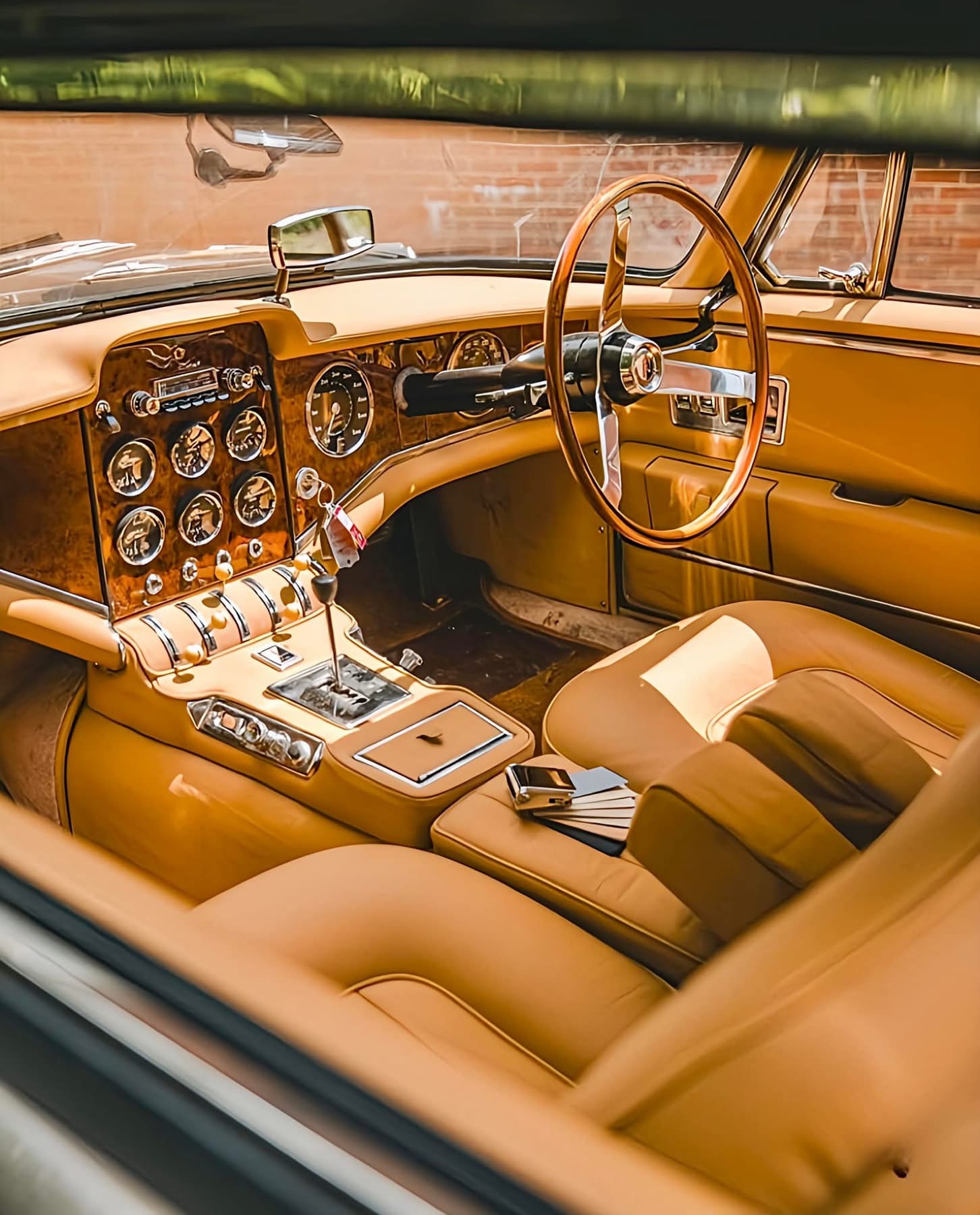
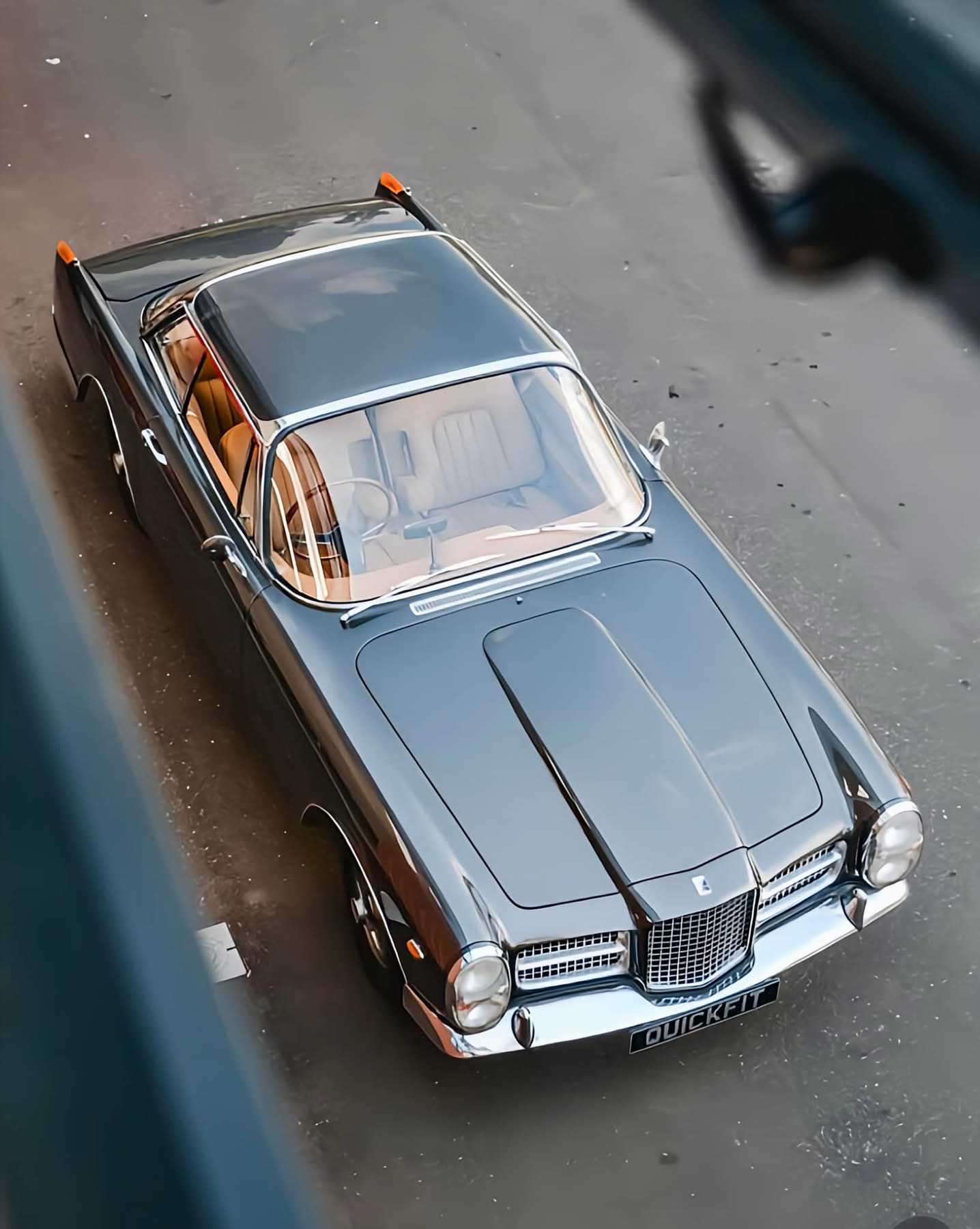
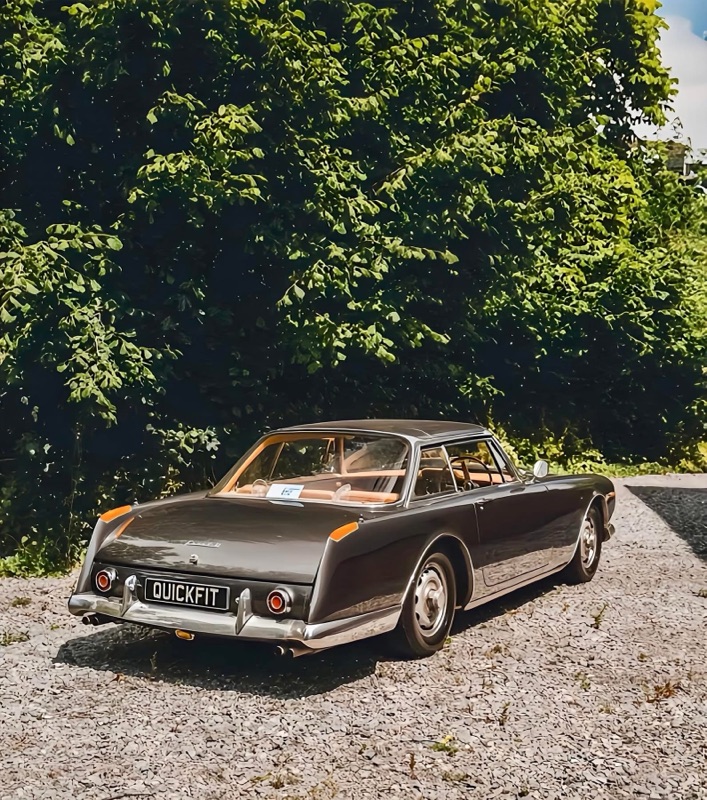
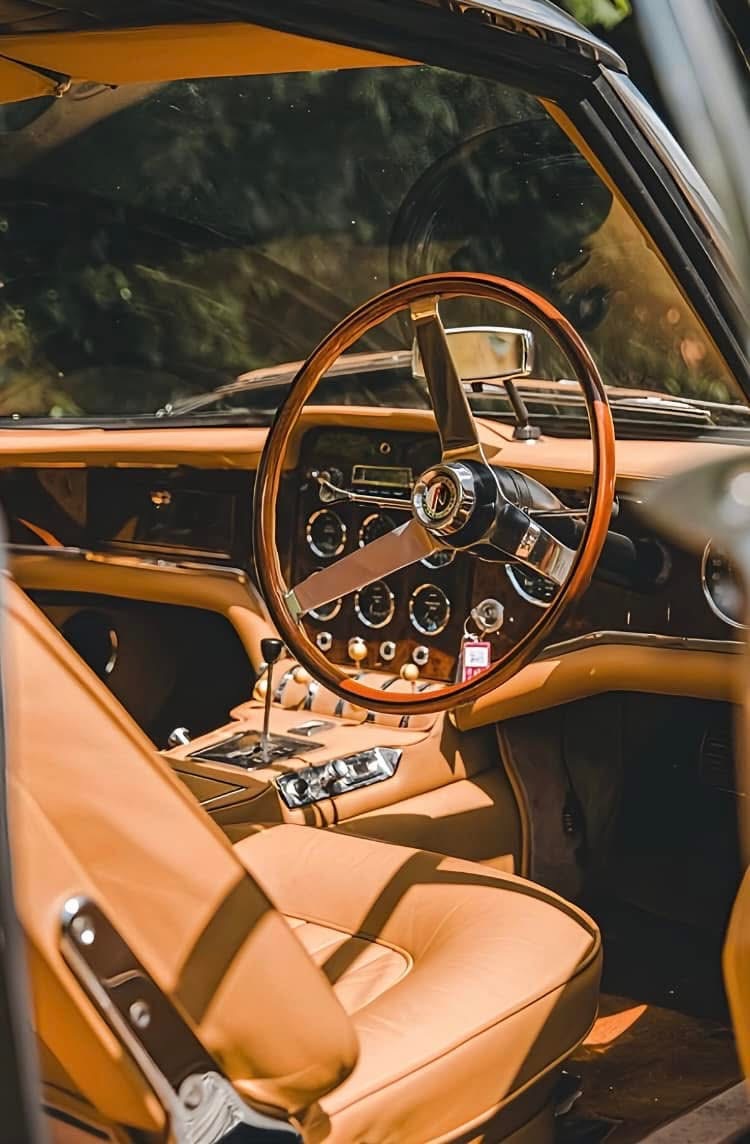
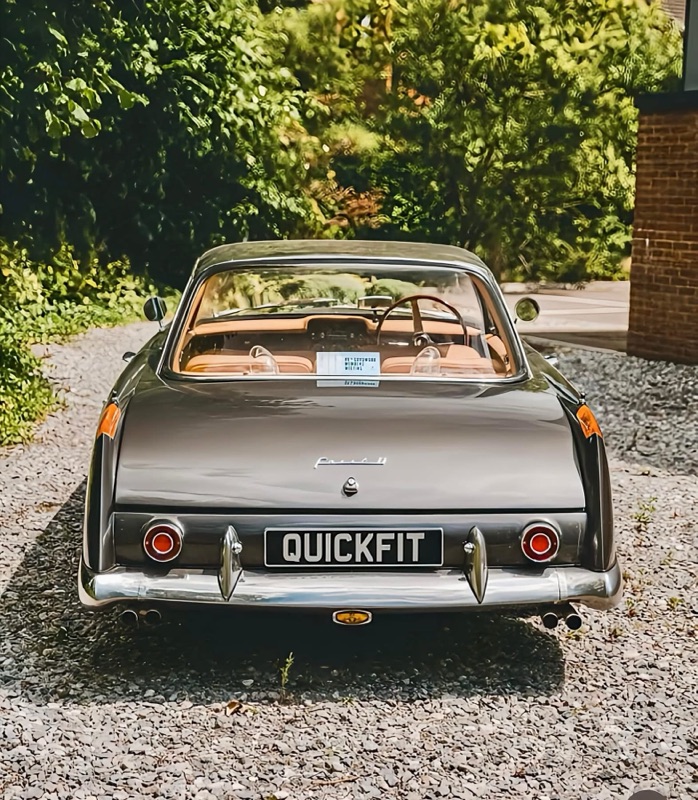
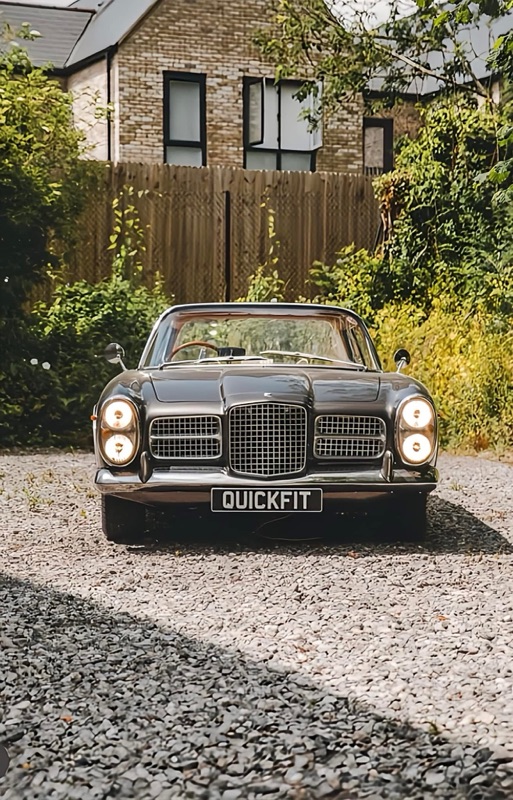
Exclusivity & Legacy
The Facel Vega II was a car built for royalty, celebrities, and elite clientele. Notable owners included:
- Sir Stirling Moss (racing legend)
- Ringo Starr (The Beatles drummer)
- Prince Saud of Saudi Arabia
Due to its high price and exclusivity, only 183 units were ever produced, making it one of the rarest luxury GTs of the 1960s.
Conclusion
The Facel Vega II is often considered the French equivalent of an Aston Martin DB4 or Ferrari 250 GT, offering a unique blend of European sophistication and American power. Today, it remains a highly sought-after collector’s car, admired for its timeless design, exceptional craftsmanship, and remarkable performance.
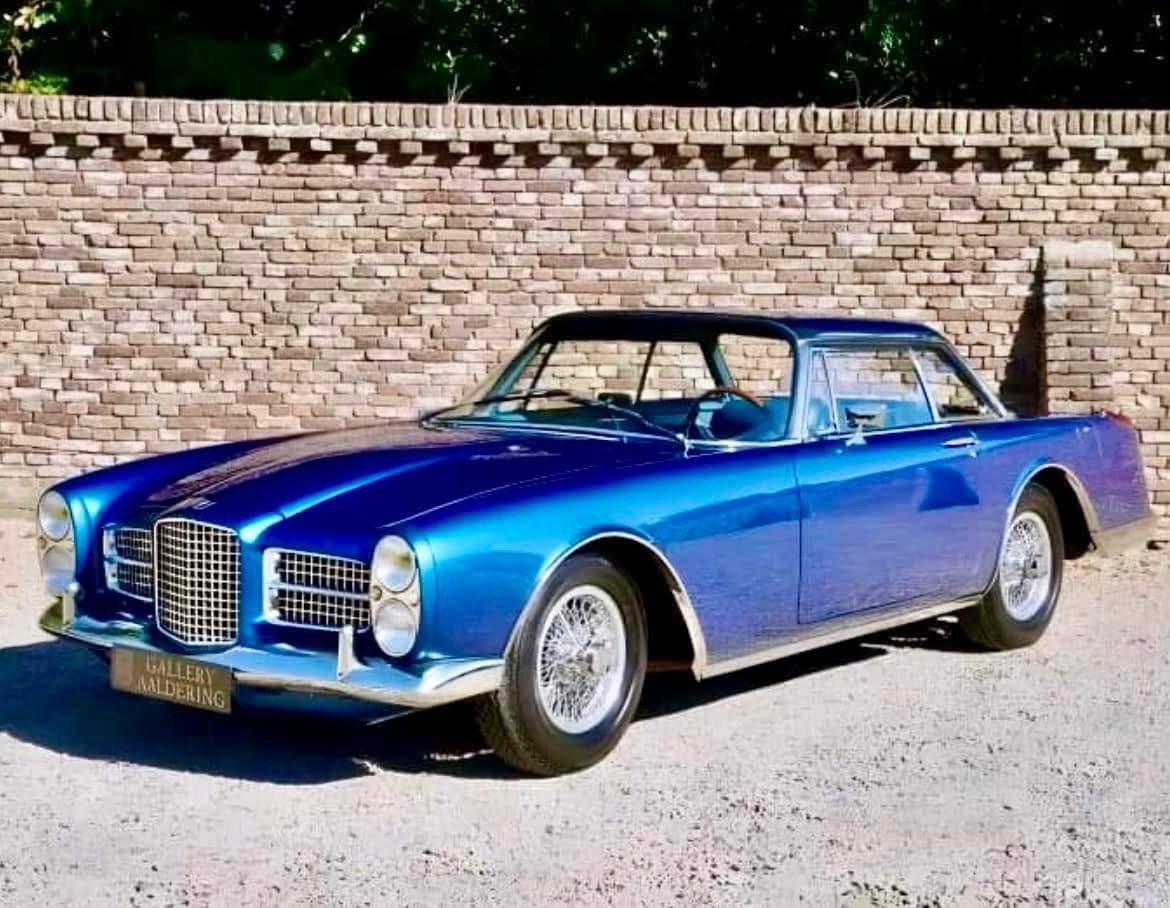
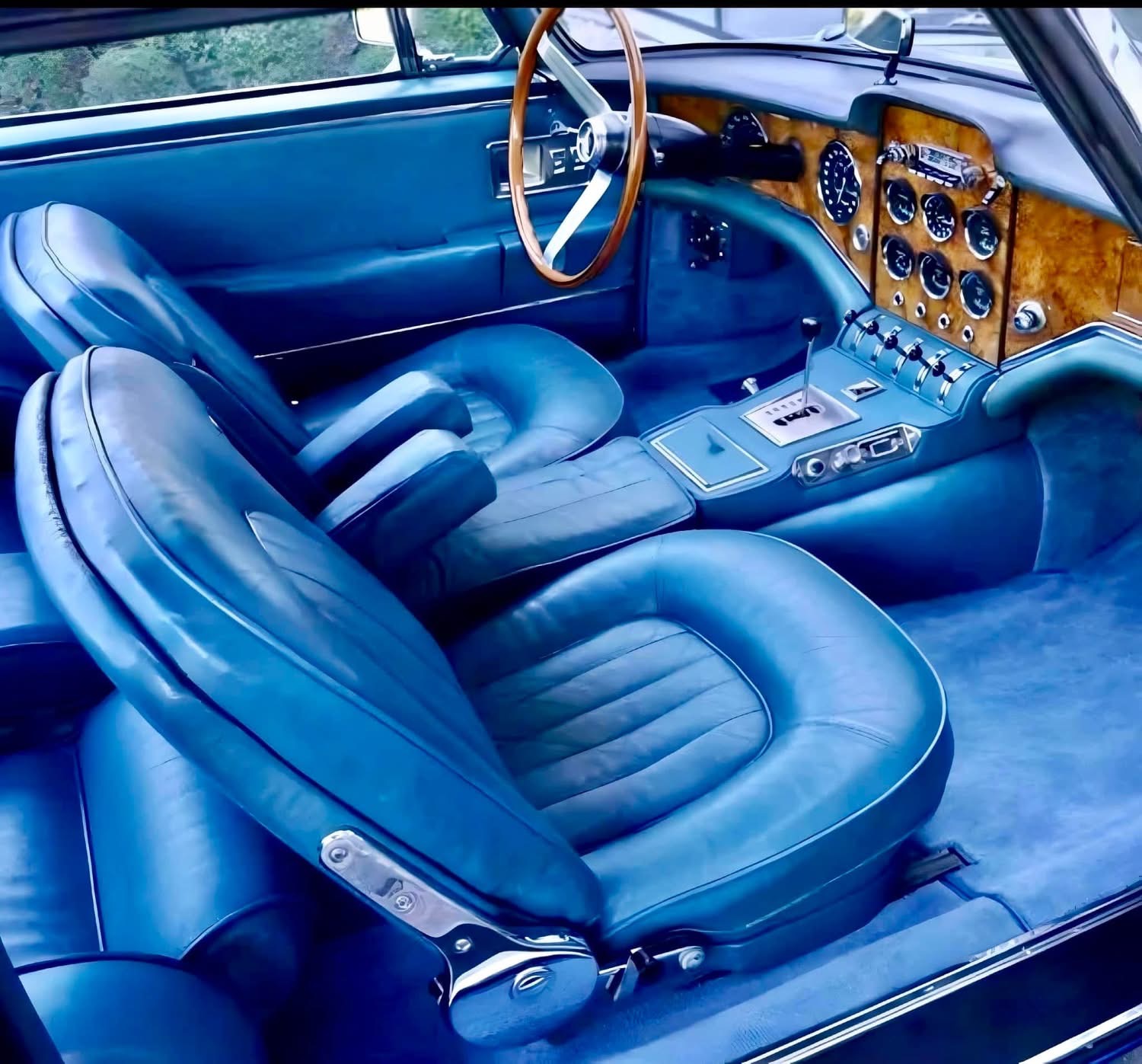
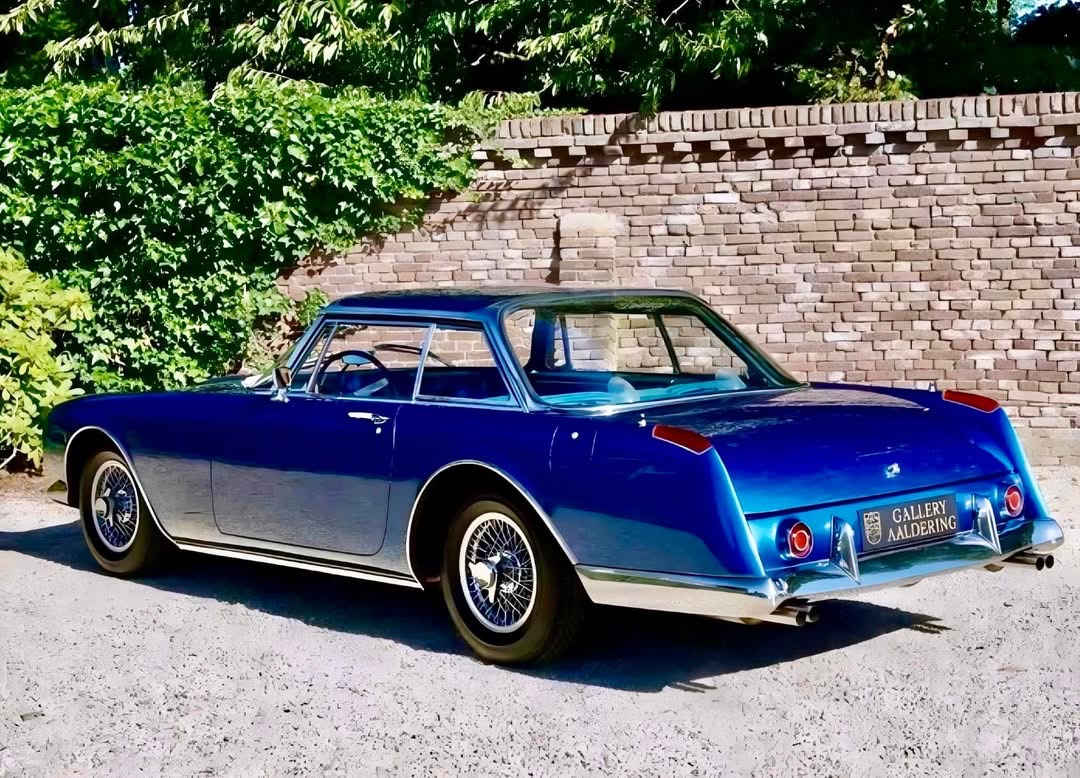
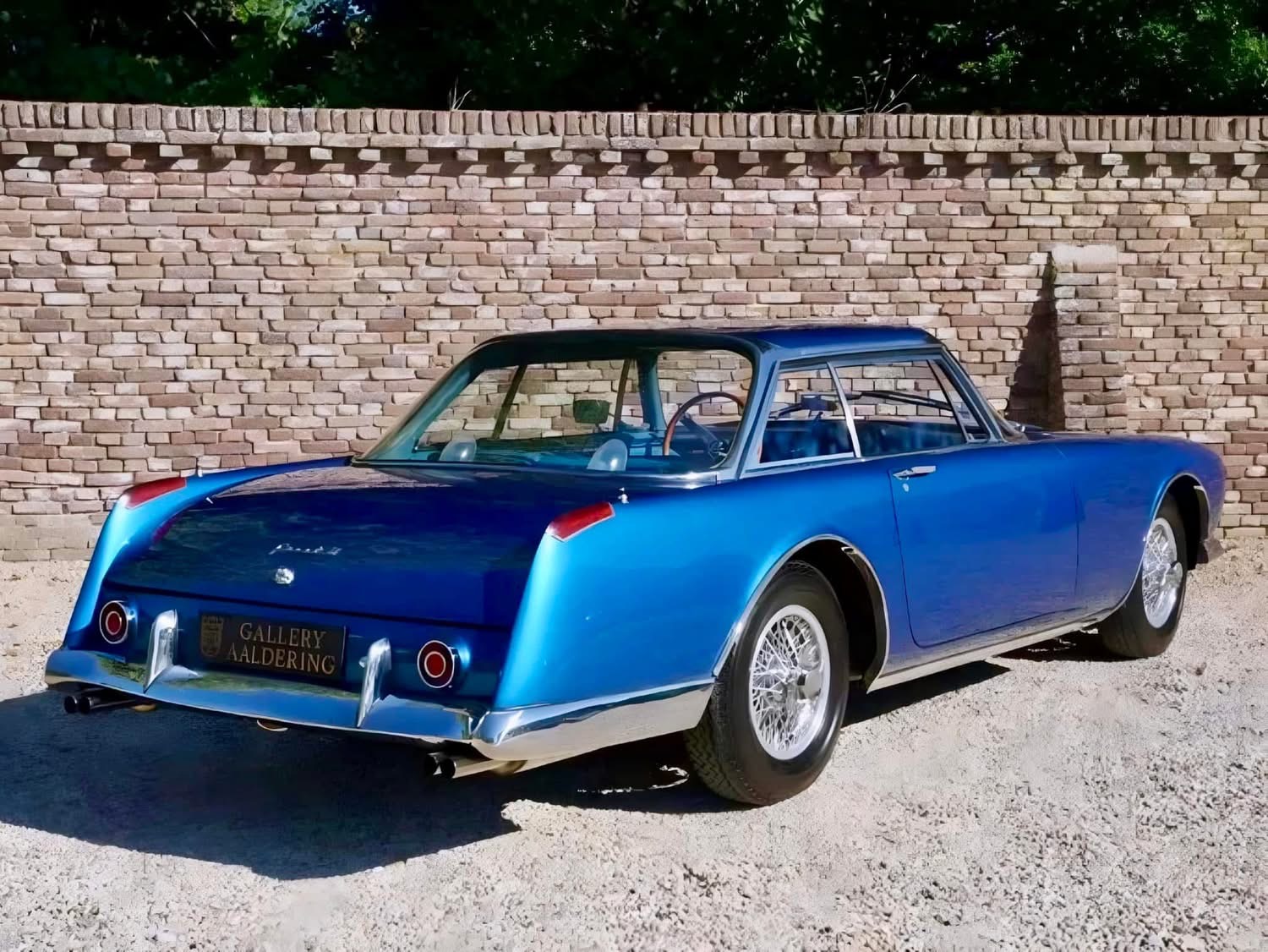
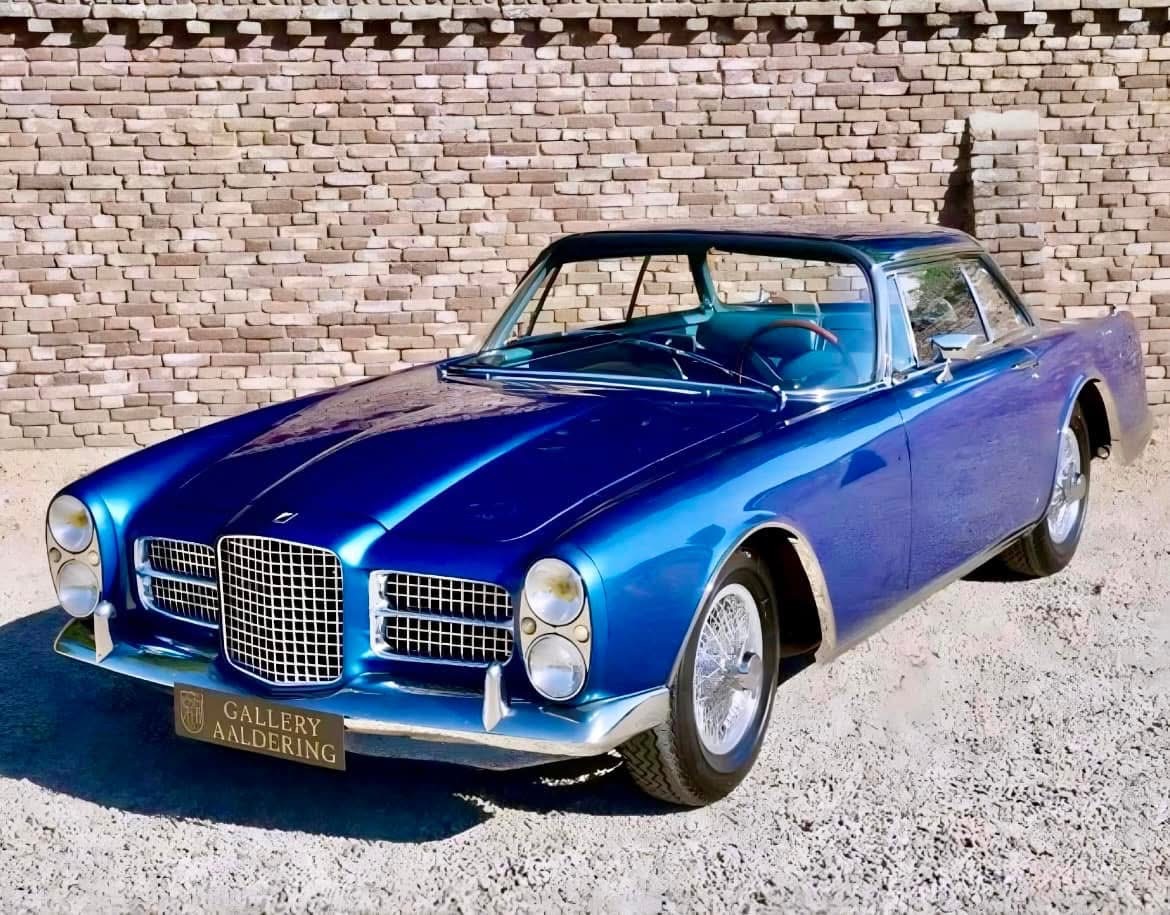
Comments
Post a Comment